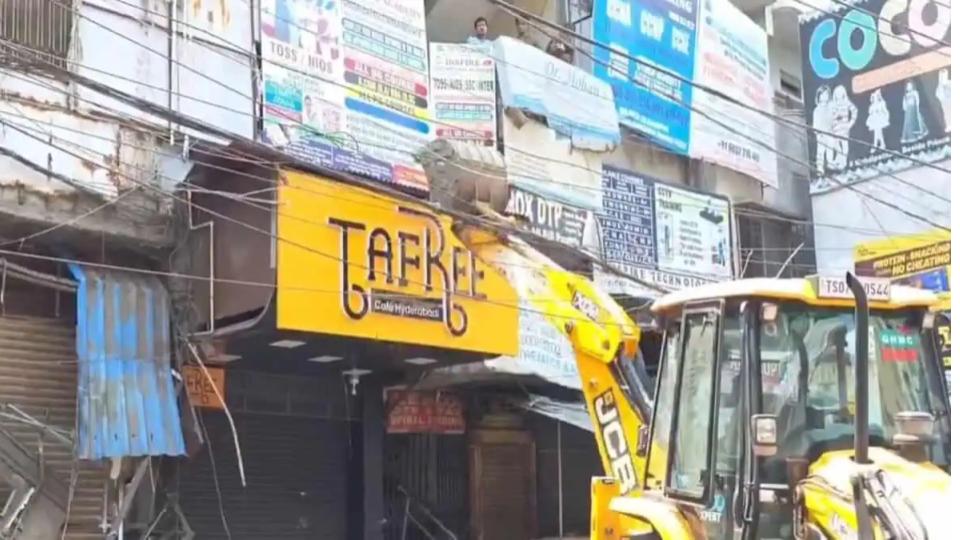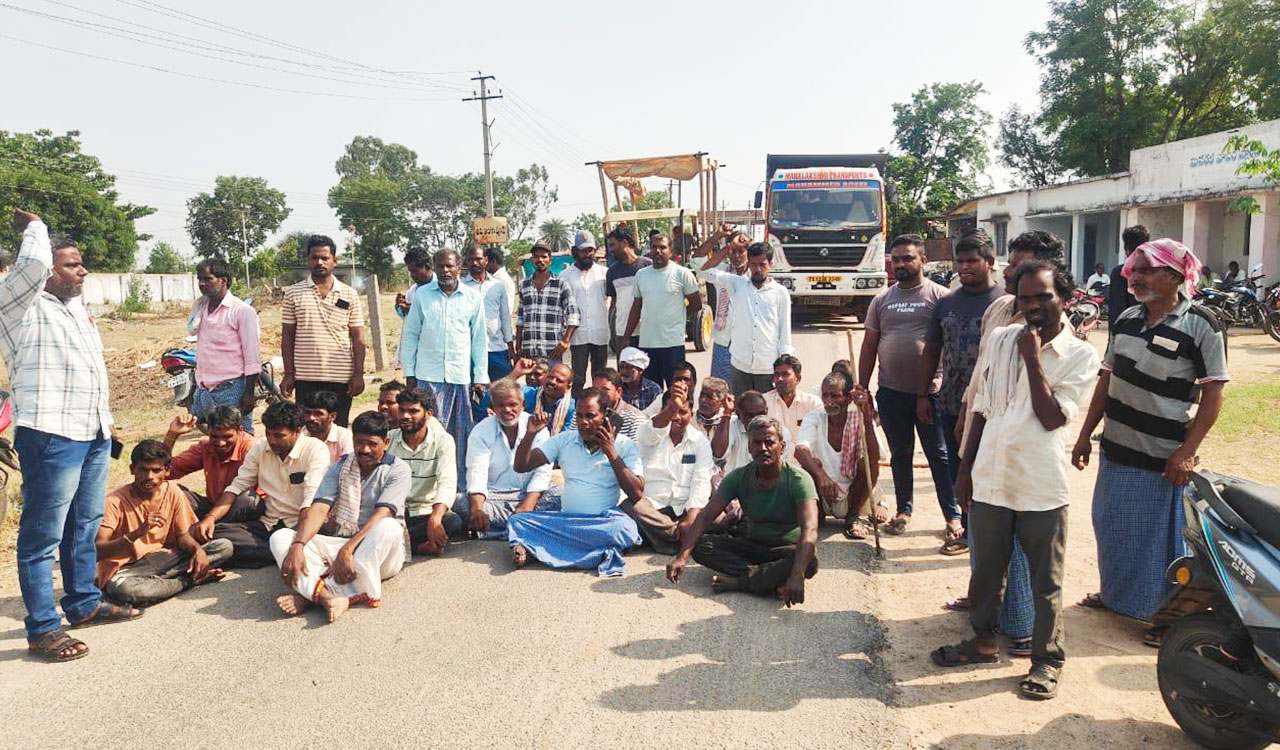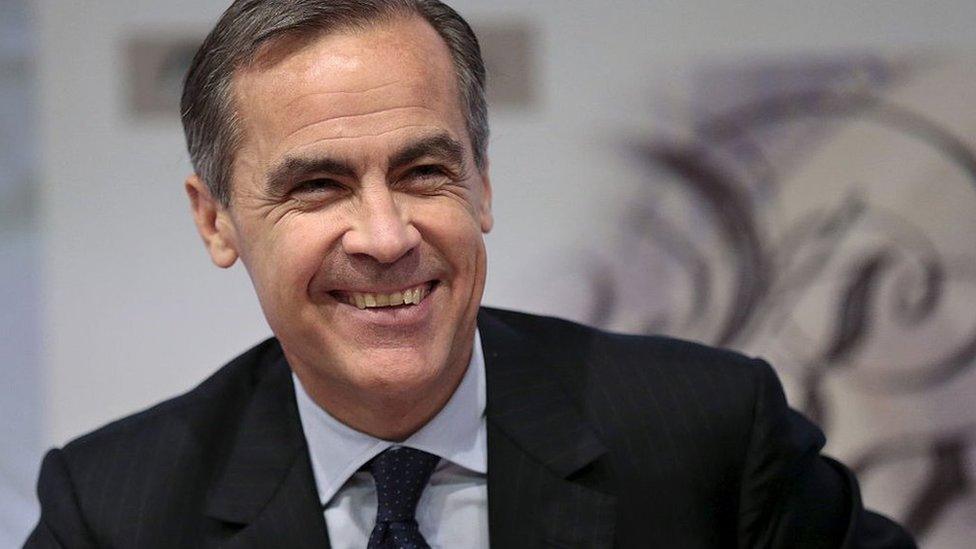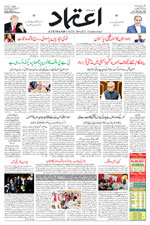People with disability senior citizens and those with restricted or limited mobility across India can get Covid vaccines at home.
Fri 24 Sep 2021, 07:40:25
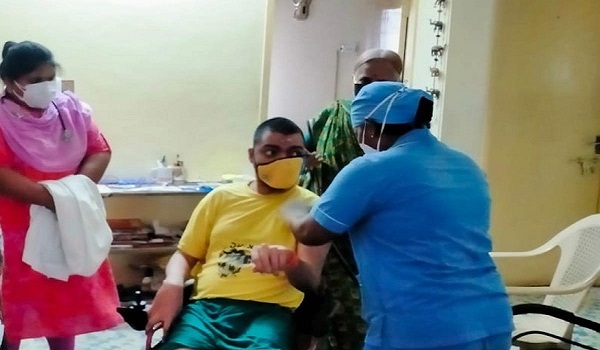
Differently-abled people, senior citizens and those with restricted or limited mobility across India will soon be administered the Coronavirus disease (Covid-19) vaccine shot at home if they are unable to go to vaccine centres, the government announced on Thursday.
Only 6% of all doses of vaccine shots administered between May 1 and September 22 were done at private hospitals, while the remaining were all at public health facilities, senior health ministry officials said during the government's Thursday's media briefing on Covid-19 updates.
'I am pleased to inform that the government has made a provision wherein those with restricted mobility, who cannot step out of their house to get vaccinated, such as those who are differently-abled, elderly or those with some special needs, will be administered vaccine shots at home under the supervision of trained vaccinators, following the requisite standard operating procedures (SOPs). The advisory in this regard has been issued to states,' said VK Paul, member (health), Niti Aayog.
'Those who have not been able to take the shot because of this reason will benefit from this. The arrangements we will make for providing the vaccination facility at home will be safe, effective and supportive,' he added, without elaborating when the programme would start.
In a letter issued on Thursday, states and Union territories have already been directed to make suitable arrangements for the rollout.
The at-home vaccination drive will be in addition to a citizen-friendly intervention for near-to-home vaccination centres for elderly and differently-abled citizens, started in May 2021, which is already in place. Around 162 million doses have been administered under the latter scheme.
'.there are still some persons who might be bed-ridden or have extremely restricted mobility or disability and/or special needs that may hamper their accessibility even to near-to-home vaccination centres. It is advised that a line-list of such potential beneficiaries and their care-givers may be prepared in the catchment area of every planning unit and collated at district level. Subsequently, vaccination of such beneficiaries may be facilitated at their place of residence using mobile vaccination teams.,' reads Union health ministry's letter to states/UTs.
'We are urging those who are eligible but have not taken the vaccine (men, women, pregnant women, everybody), more so who are of a
higher age above 50 years to make an effort to come forward and get vaccinated. We are there to help,' said Paul.
higher age above 50 years to make an effort to come forward and get vaccinated. We are there to help,' said Paul.
Meanwhile, government data shows that public health facilities have been overwhelmingly favoured by people as their choice of vaccination centre across India, accounting for 94% of all doses administered since May 1.
'If we take the figures from the first of May to 22nd of September, roughly 6% doses have been administered in private hospitals, and remaining doses have been administered in public health facilities,' said Rajesh Bhushan, secretary, ministry of health and family welfare.
Initially, the private sector was allowed procurement of up to 25% available supplies. However, in one of the earlier press briefings, the Union health secretary said there was no earmarked quota of Covid-19 vaccine supplies for the sector.
'There is no earmarked quota for the private sector; there is an indicative percentage of what the government would procure and what would be available for the private sector to procure. This in effect means that if the private sector is either unable to procure or utilise the earmarked percentage, then whatever is the shortfall will also be procured by the government; because at the end of the day, whatever is produced in the country must be utilised,' he said.
Nearly two-thirds of country's adult population (66.2%) has been administered at least one Covid-19 vaccine shot, and just under a quarter (23.2%) of the adults have been fully vaccinated, shows government data. India has administered at least 840 million shots of the vaccine since start of the immunisation drive on January 16, this year.
Meanwhile, the health ministry has also shared guidelines with states keeping in mind the expected festive season rush in coming months. The SOP says that mass gatherings should be avoided in areas identified as containment zones and in districts reporting more than 5% case positivity; gatherings with advance permissions and limited people to be allowed in districts with the positivity rate of below 5% and below etc.
'The letter was sent on September 21, with detailed SOPs for states to be implemented particularly in the months of October and November when we expect mass public gatherings owing to the festive season. Weekly case positivity must be used to make decisions regarding imposing or lifting movement related restrictions,' added Bhushan.
No Comments For This Post, Be first to write a Comment.
Most viewed from National
Most viewed from World
AIMIM News
Latest Urdu News
Most Viewed
May 26, 2020
Which Cricket team will win the IPL 2025 trophy?
Latest Videos View All
Like Us
Home
About Us
Advertise With Us
All Polls
Epaper Archives
Privacy Policy
Contact Us
Download Etemaad App
© 2025 Etemaad Daily News, All Rights Reserved.

.jpg)
.jpg)
.jpg)
.jpg)
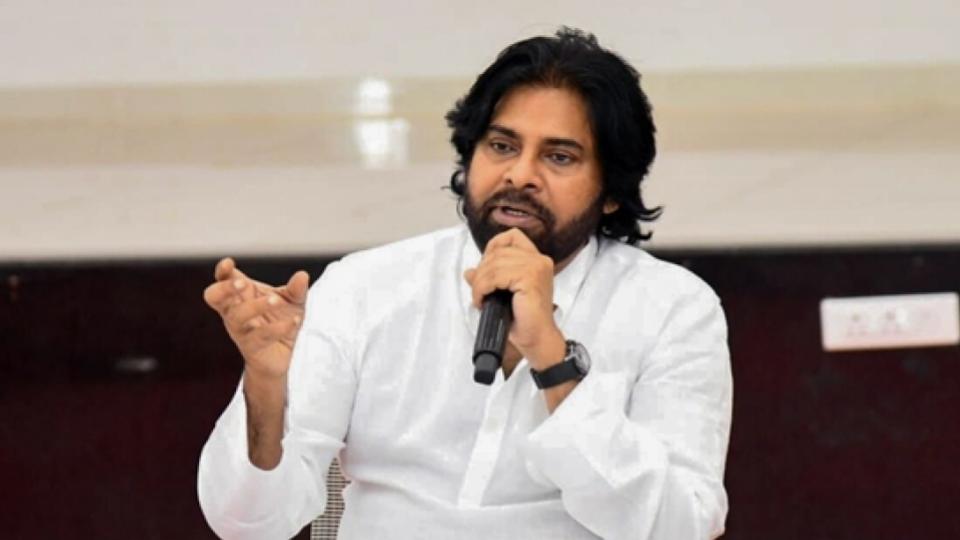
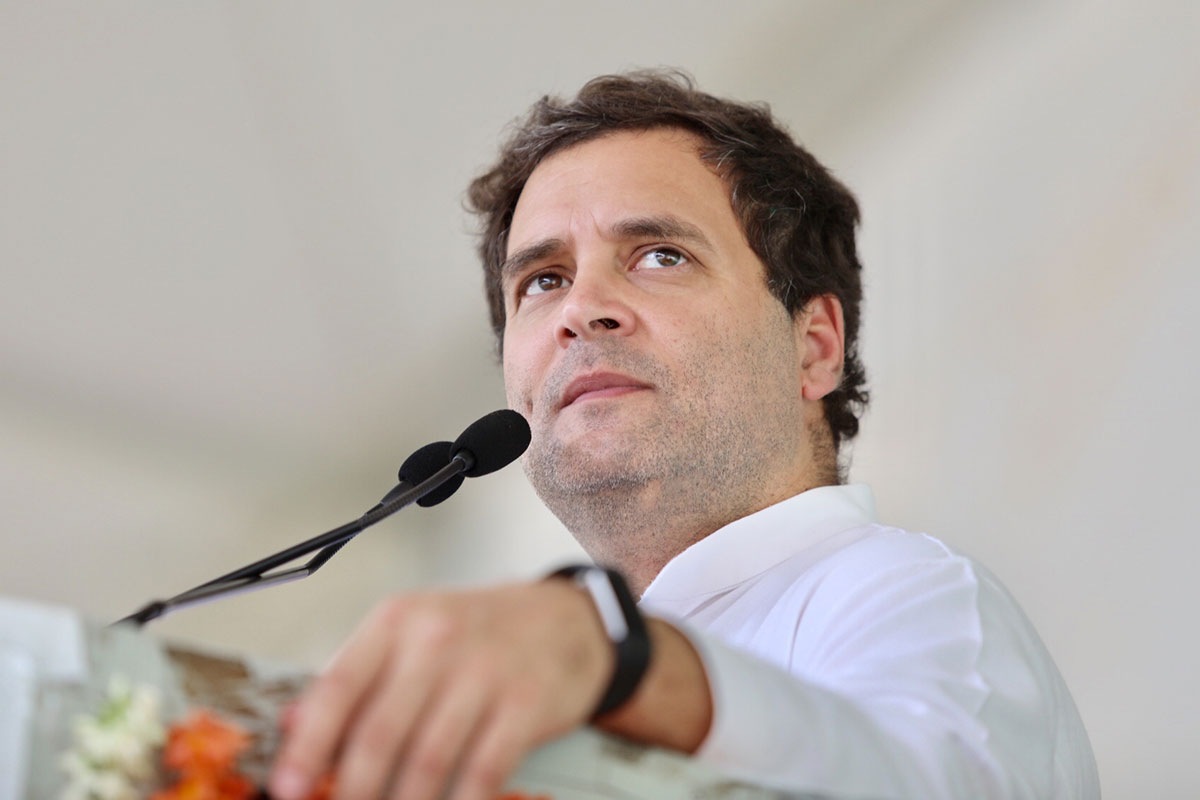
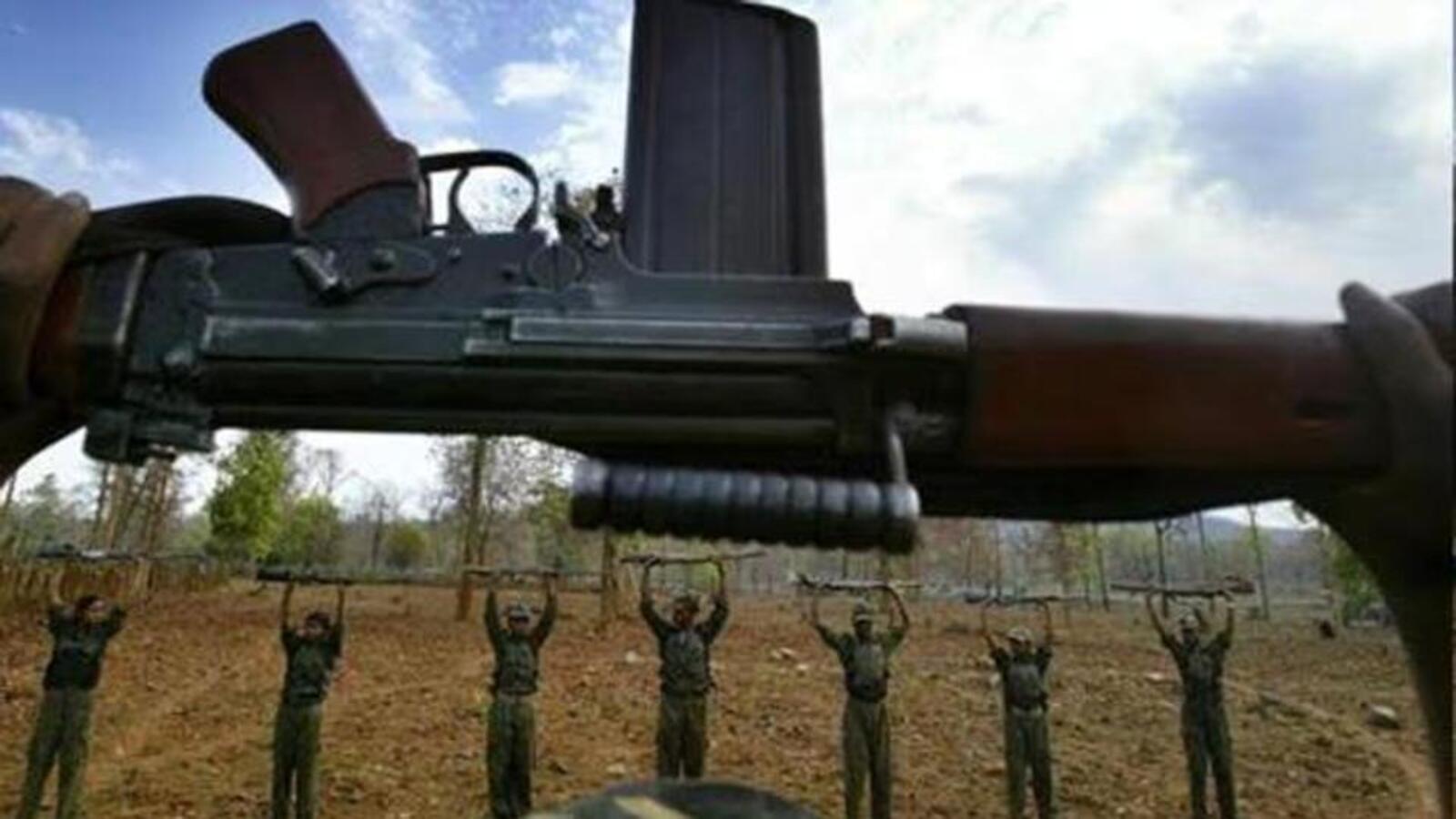
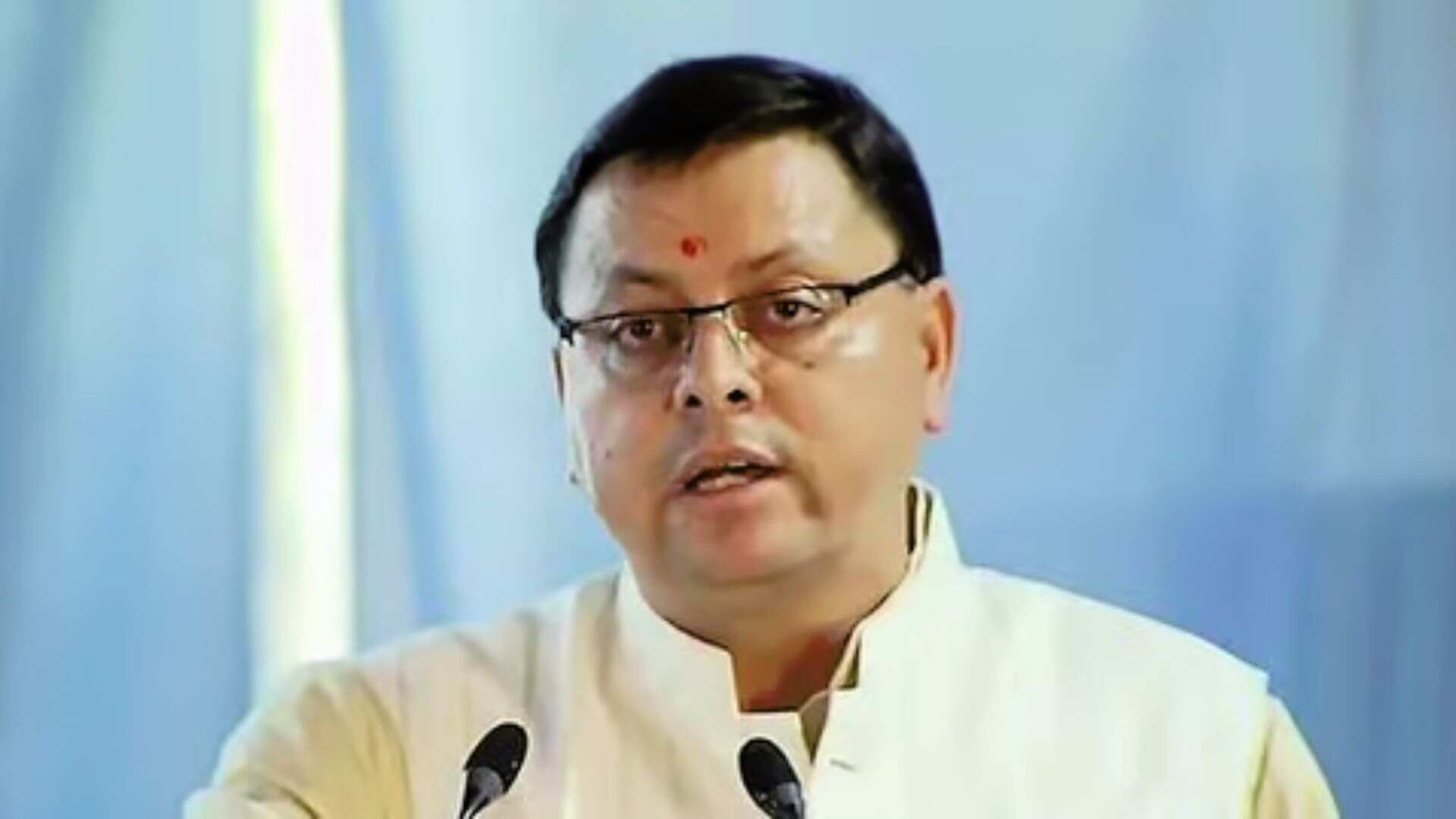
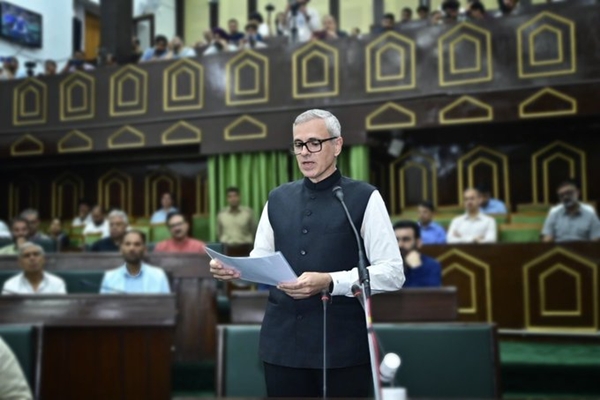
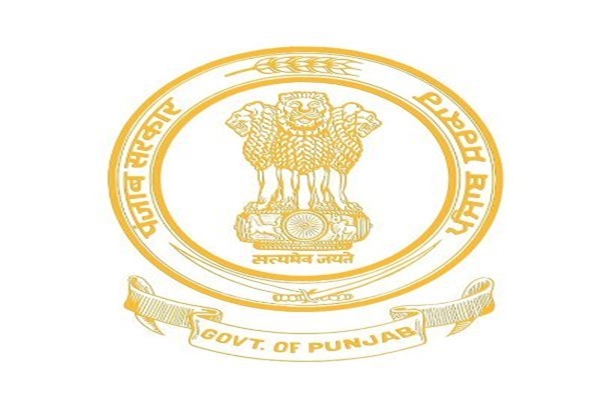
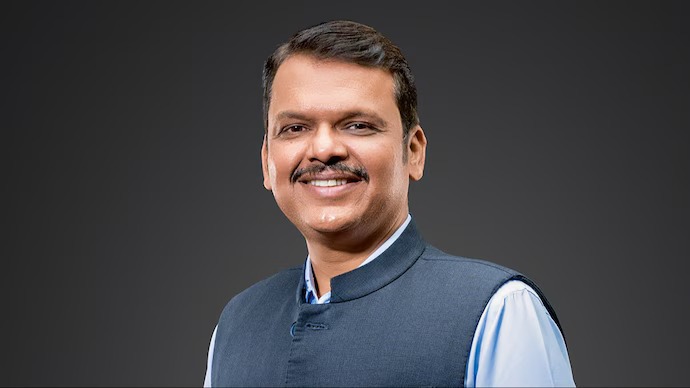
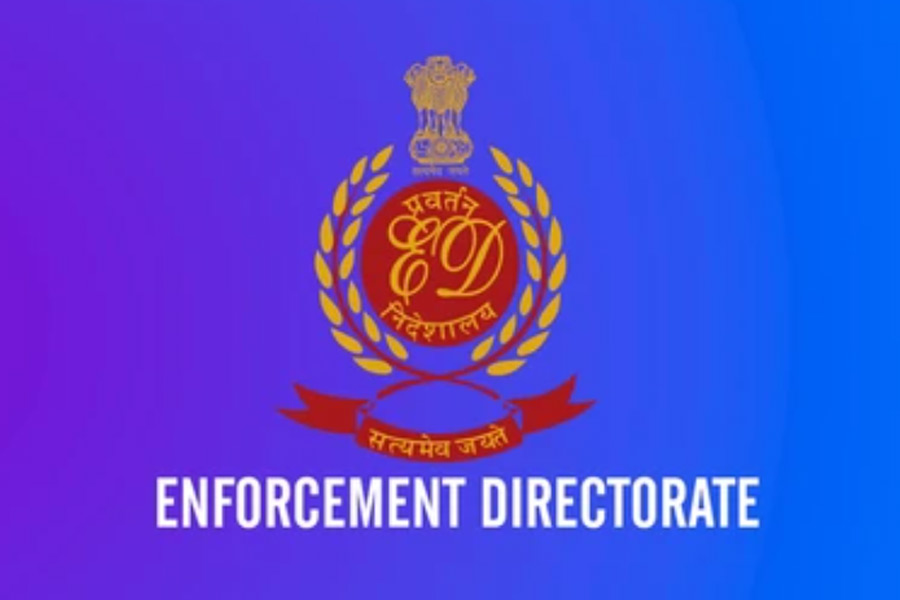
.jpg)
.jpg)
.jpg)
.jpg)
.jpg)
.jpg)
